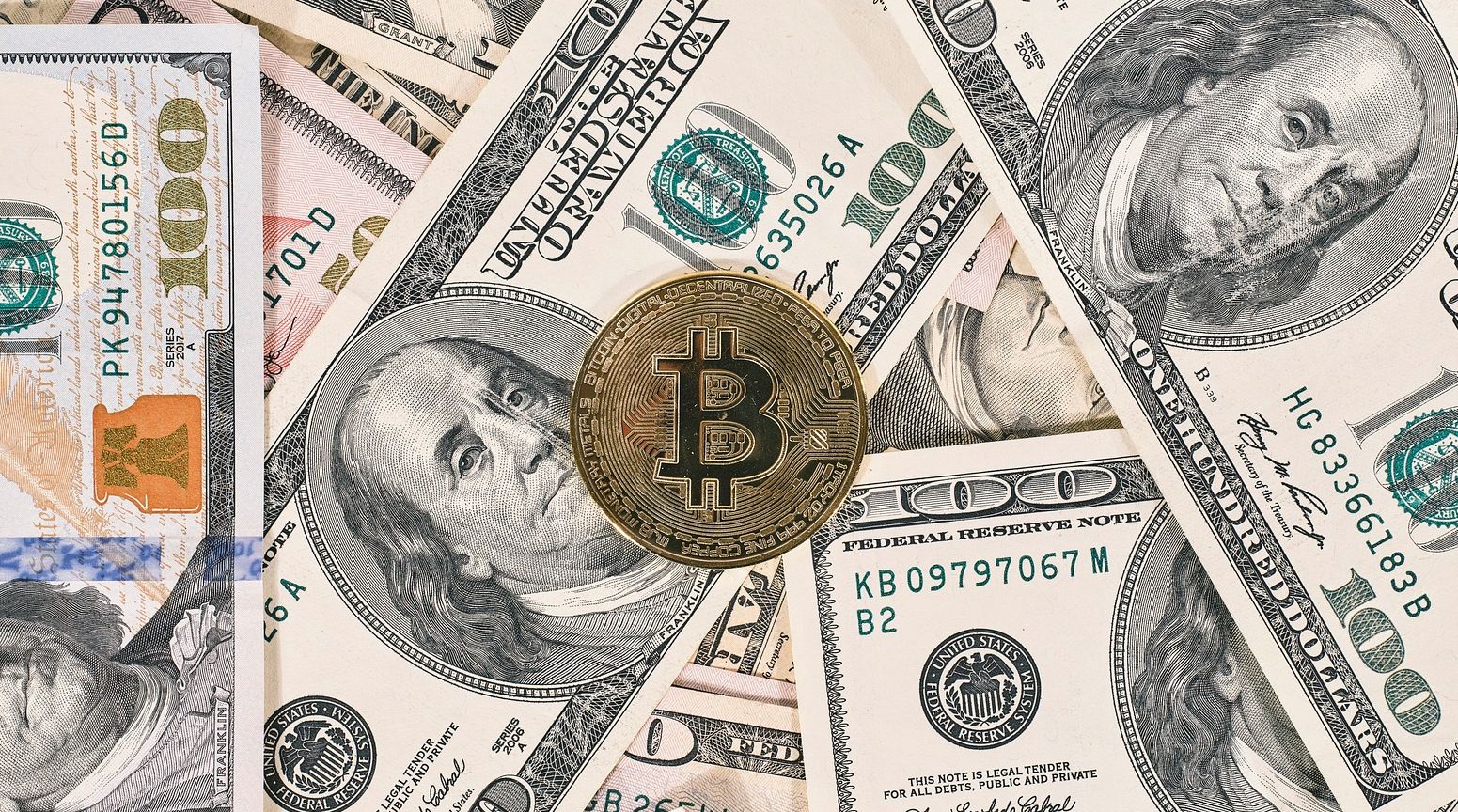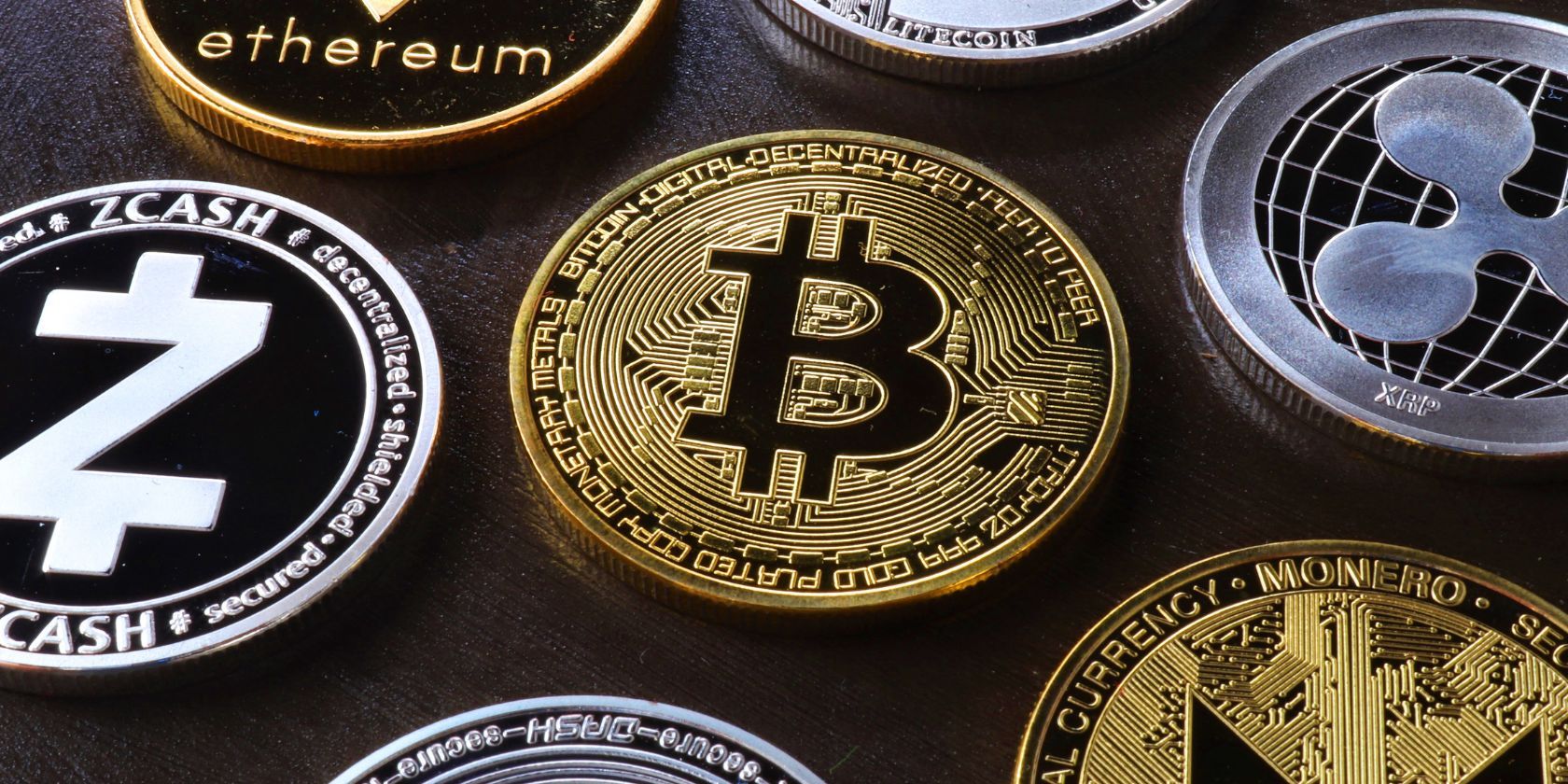Modern financial services are very different from what they were fifty or so years ago.
Today, many financial tools and platforms, such as bank accounts, lending services, and credit score generators, come in a digital, online form. You've now also got the option of cryptocurrency if you're looking for a new kind of digital asset aside from traditional currency.
But these financial realms are split into CeFi and DeFi. So, what are CeFi and DeFi, and which is better for you?
A Quick Overview of CeFi and DeFi
We have dedicated pieces on both CeFi (centralized finance) and DeFi (decentralized finance) if you want to read about their definitions in more detail, but here's a quick overview.
CeFi (centralized finance) links traditional monetary systems with newer assets—mainly cryptocurrency. Typical financial institutions are centralized, meaning a single authority controls them. This is the case for most banks, borrowers, and brokers. But with the rise of decentralization (which we'll discuss soon), many people have turned away from centralized models.
This is because centralized services can be more easily corrupted and attacked, as there is a central point of power and control. In addition, such platforms are also more exposed to technical malfunctions that can shut down the entire server. But DeFi, on the other hand, focuses on decentralization.
With decentralized finance, there is no one central authority. Rather, the power and control of the network are spread across hundreds or even thousands of connection points, known as "nodes." With this kind of model, it becomes difficult to manipulate or exploit the platform in a cyberattack.
But some crypto enthusiasts still prefer centralized services because they like the idea of a single point of leadership and control. In addition, the decision-making process on a centralized platform is also more efficient, as it often only requires a few people.
This is where CeFi comes into play. Centralized finance has been around for thousands of years. Of course, it's only been in digital form for a few decades, but people were using a centralized system of money as far back as ancient Mesopotamia.
But modern "CeFi" relates to using crypto assets without the element of decentralization. DeFi, on the other hand, offers financial services in a totally decentralized, peer-to-peer nature, where decision-making and security are spread across the network members (in the form of consensus mechanisms and governance).
But which of these financial realms is better for you? Or is it wiser to use both for different reasons? We can only answer this question by comparing the CeFi and DeFi in a range of areas.
CeFi vs. DeFi: Ease of Use
Decentralized platforms have become popular over the past few years, yet many people are still totally bewildered by how they work. What's a blockchain? Do I need to take part in governance? Am I a node? A lot about decentralization can be confusing, especially if you're giving it a go for the first time. Of course, you can adapt to decentralized platforms over time, but if you're not looking to spend hours learning how a financial service works, CeFi may be better suited to you.
This is because CeFi platforms are usually more similar to the typical online financial tools you use today. For example, Gemini, a popular centralized crypto exchange, is a typical crypto exchange with order books. DeFi, platforms, on the other hand, often use automated market makers (AMMs), which differ from the former. However, some decentralized exchanges choose to use limit orders, especially earlier generations of such platforms.
All in all, if you want to get involved with cryptocurrency without having to take on a lot of technical knowledge, CeFi is probably the best way to go.
CeFi vs. DeFi: Environmental Impact
Both CeFi and DeFi have an environmental impact, as do most industries. Because both realms use cryptocurrency, you've first got to consider the effect this has on our planet. Cryptocurrency, by nature, isn't very eco-friendly. This is mainly because many cryptocurrencies need to be mined, a process that requires huge amounts of electricity. Proof of stake coins use substantially less power, though.
As cryptocurrency is central to both DeFi and CeFi services, neither could be considered more environmentally friendly than the other.
CeFi vs. DeFi: Available Assets
Using DeFi platforms, you'll only be able to access cryptocurrencies. This is great if that's all you're after, but a little inconvenient if you want to invest in and use both traditional and non-traditional assets. Using CeFi, you can have the best of both worlds.
For example, a centralized cryptocurrency exchange typically gives you access to Bitcoin, Ethereum, Dogecoin, and many other cryptos, as well as USD, GBP, EUR, and so on. You may want to convert US dollars to Bitcoin or stake Euros off-chain on platforms like Kraken. Most of the popular crypto exchanges you've heard of are centralized, including Binance, Coinbase, Gemini, and, as mentioned previously, Kraken.
When it comes to DeFi, crypto assets are what you'll be working with. But this doesn't have to be a downside. If you're really big on cryptocurrency and have no intention of needing to use fiat currency in your crypto dealings, then DeFi will suit you well.
CeFi vs. DeFi: Security
When it comes to your money, security is incredibly important. You want to know that the services you use keep your funds safe and prioritize your safety and privacy. So, can DeFi and CeFi offer this?
In terms of security, DeFi is superior, but not perfect. As we've already discussed, DeFi platforms use a decentralized structure, meaning no one person or group has control at any given time. This is great for preventing cyberattacks and system malfunctions. DeFi platforms also give their customers total control of their assets. For some, this is a huge perk. But if you don't know how to safeguard your assets properly, you may want your chosen financial services to hold them for you.
This is what CeFi can offer. Centralized platforms, such as Binance, offer custodial wallets. Such wallets allow your funds to be held solely by the platform, meaning you are relying on its security features and competency to keep them safe. If the platform has high-end security protocols, this can be both convenient and reliable. But there's always an element of trust involved with custodial services.
If you'd rather hold your assets on your own, you're better off with non-custodial platforms, which you'll find in DeFi. But remember that it's then down to you to keep your crypto safe.
But it's worth noting that any platform is only as good as the developers and coding behind it. Both centralized and decentralized services can be subpar if designed and structured poorly, so keep this in mind. Also, if security is a top priority for you, make sure the decentralized platform you're using has a good reputation and can be trusted.
What Is CeDeFi?
Yep, there's an industry that mixes CeFi and DeFi elements. This may be a great option if you want to enjoy the perks of centralized and decentralized financial tools. CeDeFi aims to offer typical DeFi options, like crypto lending and borrowing, staking, and yield farming, while maintaining greater accessibility and a centralized decision-making process.
Currently, all CeDeFi protocols are based on the Ethereum blockchain, but this may change over time.
CeFi and DeFi Come with Their Perks and Drawbacks
As is the case in most comparisons, both CeFi and DeFi have numerous advantages and disadvantages. It's really down to how you prefer to handle your money when deciding which service suits you more. If you can't decide, consider CeDeFi, but remember that this is a very young industry with a long way to go before it reaches the popularity of CeFi and DeFi alone.






